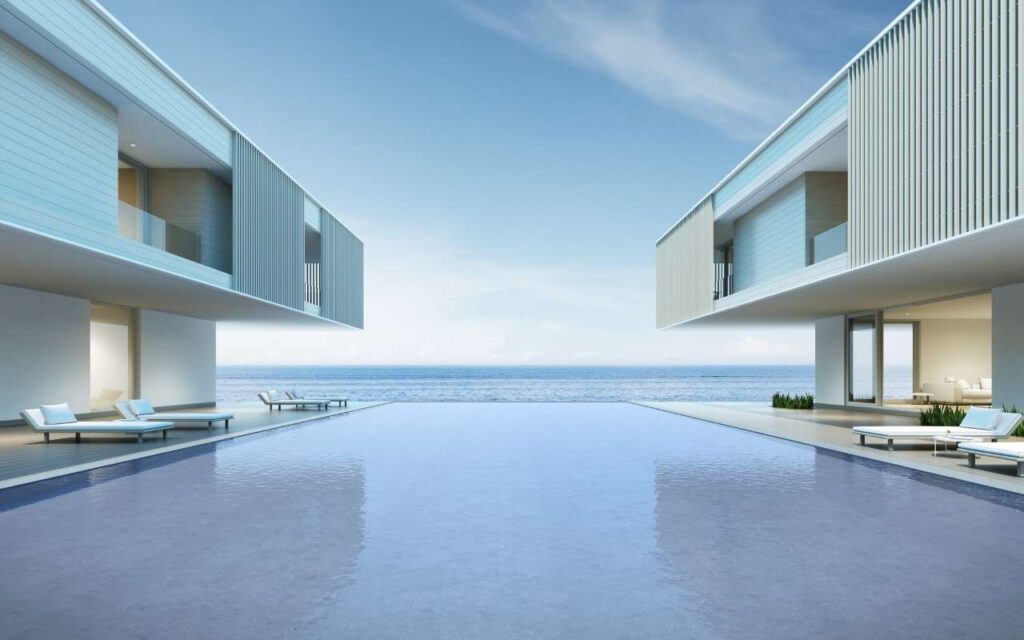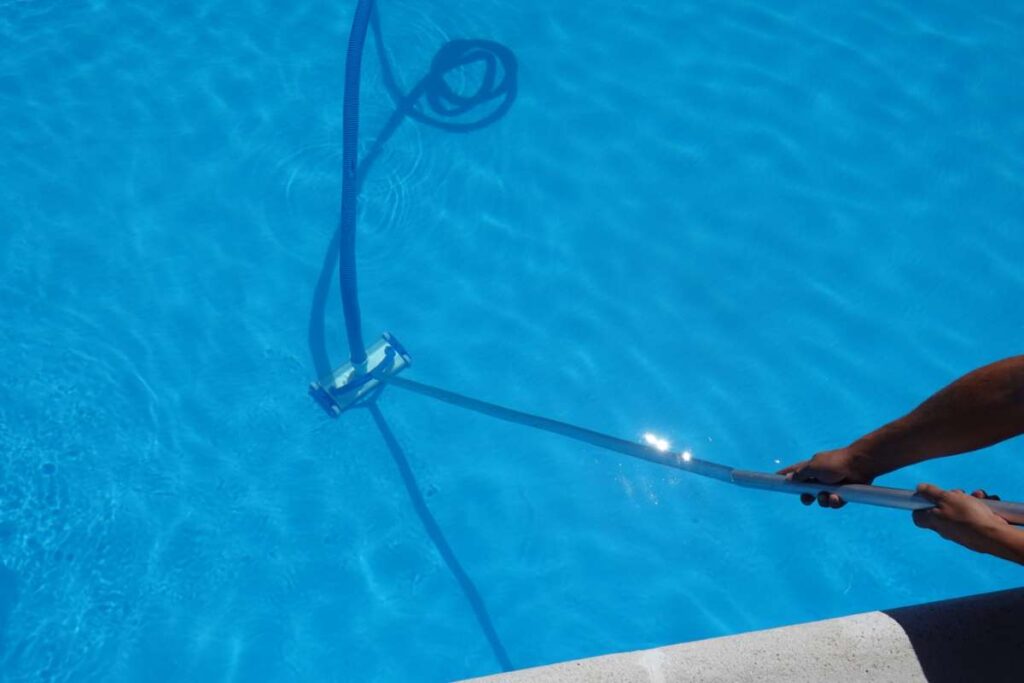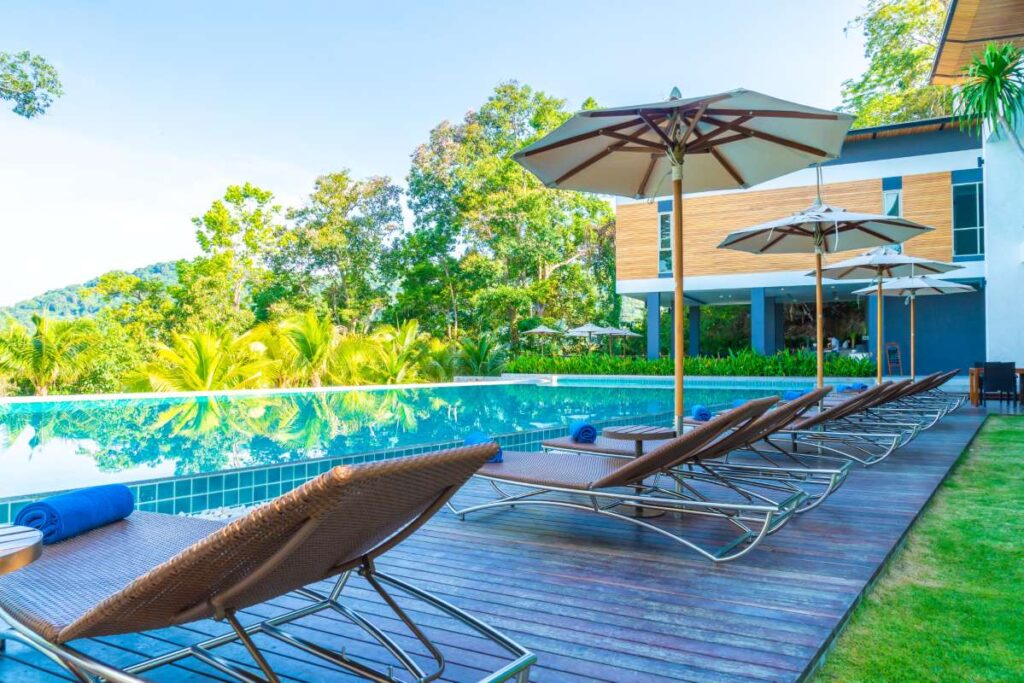Troubleshooting Odd Noises: A Technician’s Quick Reference
Learn how to troubleshoot odd noises in pool systems effectively, enhancing both maintenance practices and service delivery in the pool industry.
This blog post serves as a comprehensive guide for technicians and pool service providers to identify and troubleshoot odd noises in pool systems. Noises can indicate various underlying issues, from minor irritations to serious mechanical failures. By understanding these sounds and their implications, technicians can ensure a smoother operation of pool systems and enhance customer satisfaction. The post will cover common noises, their meanings, troubleshooting steps, and tips for effective noise management in pool maintenance.
Understanding Common Pool Noises
– Banging or Clanging: Often described as a “water hammer,” this noise can occur when water flow is suddenly stopped, causing pressure changes in the pipes. If the noise is recurrent, it’s crucial to check for air chambers in the plumbing system or consider installing water hammer arrestors to mitigate the issue.- Hissing or Whistling Sounds: These noises usually indicate air leaks in the suction line or possible problems with the pool pump. If you hear hissing, inspect the pump’s lid and the O-rings for any signs of wear or damage.- Gurgling Sounds: This type of noise may point to an issue with the skimmer or a blockage in the system. Gurgling typically suggests a lack of water flow, necessitating an inspection of the skimmer basket and the plumbing for any clogs.- Grinding or Rattling: These noises are often a sign of mechanical issues, particularly with the pool pump or motor. A grinding sound might suggest that debris is caught in the impeller, while rattling could indicate loose components that need to be secured.- Bubbling: If bubbling is heard, it could be a sign of air entering the system, often due to a leak in the suction line. It’s important to locate and repair any leaks promptly to maintain proper water circulation.Understanding these common pool noises is essential for technicians to diagnose problems accurately and efficiently. By recognizing the sounds, technicians can take the appropriate actions to resolve issues before they escalate.
Troubleshooting Steps for Noisy Pool Equipment
When encountering strange noises in pool systems, follow these troubleshooting steps:1. Identify the Source: – Pinpoint where the noise originates. Is it from the pump, filter, heater, or another component? This can help narrow down potential causes.2. Observe the Conditions: – Note when the noise occurs. Does it happen when the system starts, during operation, or after shutdown? Observing these details can provide valuable information.3. Check Equipment Connections: – Ensure all fittings and connections are tight. Loose connections can lead to leaks or vibrations that cause noise.4. Inspect the Pump: – Check for debris in the skimmer or pump basket. Clogged parts can cause the pump to struggle, resulting in unusual sounds.5. Examine the Filter: – Dirty or clogged filters can create strange noises. Regular maintenance and cleaning of filters are essential for optimal operation.6. Assess the Water Levels: – Low water levels can lead to air entering the system, causing hissing or bubbling noises. Ensure levels are maintained according to the manufacturer’s guidelines.7. Listen for Changes: – If the noise changes during operation, document any modifications. This can aid in identifying the specific issue and lead to a quicker resolution.By systematically following these steps, technicians can effectively troubleshoot and address the majority of noises encountered in pool systems.
Common Equipment Issues Associated with Noisy Pool Systems
Noisy pool systems can often be linked to specific equipment issues. Recognizing these links can help technicians act quickly and efficiently:- Pump Problems: A failing or misaligned pump can create grinding or whining noises. Regular maintenance and inspections can help avoid these issues, ensuring longevity and better performance.- Clogged Filters: Filters that are overburdened with debris may not function correctly, resulting in noise and decreased efficiency. Setting a regular cleaning schedule can reduce the chances of clogs.- Worn Bearings: Bearings in pumps and motors can wear down over time, causing rattling or grinding noises. Regular lubrication and timely replacement can prevent these sounds from becoming more prominent.- Air Leaks: Air leaks in the suction line or pump lid can lead to hissing or whistling sounds. Utilizing proper sealing techniques and maintaining equipment will minimize potential leaks.- Improperly Installed Equipment: If equipment is not installed correctly, it may vibrate or rattle, producing noise. Ensuring that all equipment is level and securely mounted can prevent this.Understanding the common equipment issues that contribute to noisy pool systems allows technicians to take proactive measures in their maintenance routines, ultimately enhancing service quality.
Tips for Effective Noise Management in Pool Maintenance
To manage and reduce noise effectively, consider the following best practices:- Regular Maintenance: Schedule routine inspections and maintenance for all equipment. This practice not only helps catch issues early but also prolongs the life of the components.- Use Quality Equipment: Investing in high-quality pumps, filters, and other components can lead to quieter operation and reduce the likelihood of mechanical failure.- Educate Technicians: Providing training and resources on noise identification and troubleshooting can empower technicians to handle issues efficiently. Programs like
Pool Routes Training can enhance staff expertise.- Document and Analyze Noises: Maintain a log of any noises encountered and their corresponding resolutions. This documentation can help identify patterns and prevent the recurrence of similar issues.- Communicate with Customers: Keeping clients informed about potential noises and their implications can enhance trust and improve service relationships. Transparency fosters a better understanding of maintenance practices.Implementing these tips can lead to a more efficient management of noise-related issues and contribute to an overall positive experience in pool maintenance.
Conclusion
In summary, troubleshooting odd noises in pool systems is a critical skill for technicians in the pool maintenance industry. By understanding common noises, following effective troubleshooting steps, recognizing equipment issues, and implementing noise management strategies, technicians can improve their service delivery significantly. Moreover, staying informed and educated about the latest practices not only enhances their capabilities but also contributes to customer satisfaction.As you continue your journey in the pool maintenance industry, consider exploring
pool routes for sale in Florida and other regions to expand your business. Superior Pool Routes provides essential resources and training for technicians looking to enhance their skills and grow their service offerings. For further details or inquiries, feel free to reach out through our
contact page. Your path to becoming an expert in pool maintenance starts here!



